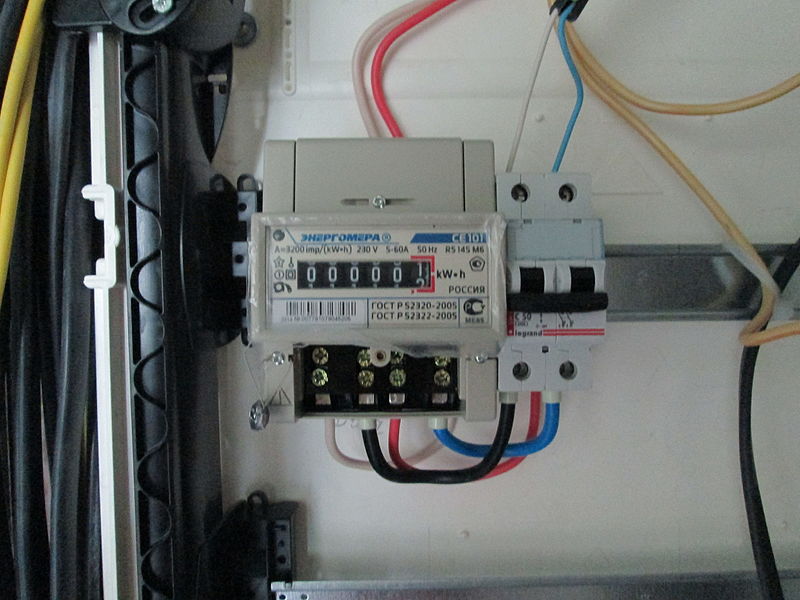

Minister for Energy, Water Resources, and Irrigation Pampha Bhusal said that even the tenants can get a separate meter from NEA. She said that arrangements have been made to allow customers living in apartments and colonies to become customers by taking separate meters.
Speaking at a press conference at the Ministry, Minister Bhusal said that millions of people living in urban areas would benefit from this. There are complaints everywhere that landlords are charging exorbitant rent for living in a room. The occupants of the rooms are being hampered in the use of electronic materials as they are charging more than the stipulated minimum tariff.
Despite the NEA’s request not to charge more than the stipulated tariff, the practice of levying higher tariffs in urban areas has not been removed. NEA has now made such provisions in its regulations.
Minister Bhusal also said that effective policy will be formulated to reduce the import of petroleum products and consume electricity. She said that the policy has been adopted to replace the gas stoves being used in the organized sector with electric stoves.
“I have taken the policy of encouraging the establishment of big power-consuming industries and using electric equipment in every sector for the promotion of electric vehicles. For that, I am having continuous discussions with the government and private sector organizations,” she said.
She informed that the Consumer Friendly Electricity Distribution Regulations have been made by changing the Electricity Distribution Regulations 2012/13. According to Minister Bhusal, customers will now be able to get electricity easily on demand. Up to 100 KV electricity will be available to all. To community dairies, irrigation centers, drinking water, irrigation areas up to 200 KV from the transformers of the Electricity Authority will be available.
She informed that the work has been taken forward by making an action plan to fully electrify the country within the next two years in collaboration with Nepal Electricity Authority and Alternative Energy Promotion Center. Minister Bhusal said that the construction work of the project of national pride towards irrigation has been expedited and the irrigation facility has been expanded by constructing ray shallow and deep tube wells.
Minister Bhusal said that action plans are being prepared to move forward semi-reservoir and reservoir projects in every state through the Electricity Authority.
Giving information that the construction work of the project under construction is being regulated expeditiously through the subsidiary company of Nepal Electricity Authority, she said, “Necessary coordination, facilitation and monitoring work is being done by the private sector to complete the projects under construction expeditiously.”
Stating that special priority has been given to the monitoring and necessary coordination for speedy completion of the transmission line structure under construction, Minister Bhusal said that the construction of transmission lines and substations has been expedited by coordinating between NEVIPRA and National Grid Transmission Company.
Stating that the tariff rate of electric vehicle charging stations has been fixed to encourage the use of electric vehicles, he said, “The construction work of charging stations across the country has been expedited through NEA.” Arrangements have been made to set up charging stations individually, privately, and institutionally.
She said that the authority’s electricity trading company has been given permission to trade electricity and is also preparing to allow inter-country electricity trade to the private sectors. She said that the work has been started to review the irrigation policy and provide irrigation to the cultivable lands across the country and priority will be given to the use of new technology to make the river control and embankment construction work sustainable and economical.
According to Minister Bhusal, the decision to provide free electricity to the customers consuming less than 20 units of electricity (including those belonging to community organizations) has been implemented. The tariff for consumers consuming maximum electricity has also been reduced by Rs 1 per unit to Rs 11. She claims that her decision has benefited the poor and encouraged consumers to consume more electricity.
She said that the electricity tariff has been reduced by about 50 percent for irrigation and some additional tariffs have been decided to facilitate the farmers by paying them directly to the NEA through the Irrigation Department.